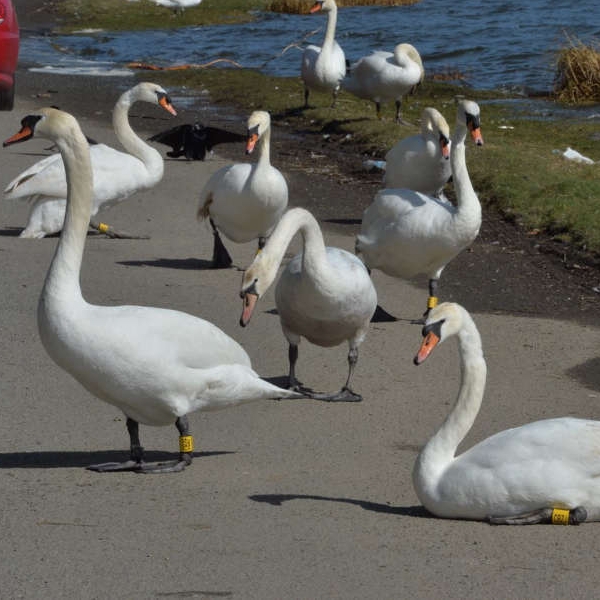
Swans in urban waterways, including Newbridge, might be spreading these bacteria, including strains resistant to last-resort antibiotics.
A University of Galway study has found that swans in Kildare and Dublin carry bacteria that are resistant to antibiotics, similar to those causing tough-to-treat infections in people.
The WILD-AMR project discovered that swans in urban waterways, including Newbridge, might be spreading these bacteria, including strains resistant to last-resort antibiotics.
Key findings
65% of swans had at least one drug-resistant bacteria.
35 different resistant bacteria were detected, mostly multidrug-resistant E. coli.
Some E. coli strains were resistant to powerful antibiotics like carbapenems and colistin.
Over half belonged to high-risk strains known for causing infections in humans.
What This Means
Lead researcher Aneta Kovarova said the bacteria likely come from polluted water, including wastewater.
"It is likely that the high rate of detection of these AMR bacteria in swans is linked to human-associated pollution of their shared water habitat with treated and untreated wastewaters and through storm water overflows. However, direct spread from swan to swan cannot be ruled out."
Dr. Liam Burke, Lecturer at University of Galway, warned that swans in parks, lakes, and harbours could spread drug-resistant bacteria through their faeces.
He said it is “not a cause for alarm” but is a “useful piece of information if we want to keep an eye on AMR in wildlife”.
Why It Matters
Wildlife isn’t usually checked for drug-resistant bacteria, but researchers believe swans could help track the problem.
Since swans are already monitored, they could serve as an early warning system for AMR risks.


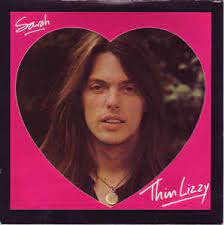
 RSA Urges Caution As Locals Face Flooded Area's Over The Bank Holiday Weekend
RSA Urges Caution As Locals Face Flooded Area's Over The Bank Holiday Weekend
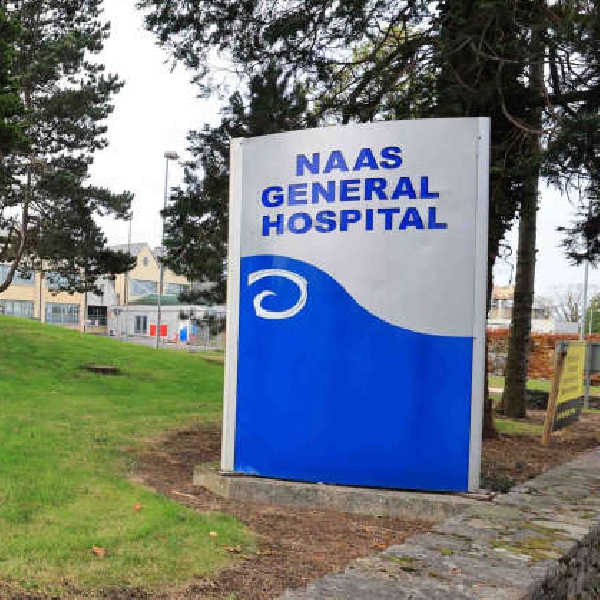 Visiting Restrictions Introduced At Naas General Hospital Due To Norovirus Concerns
Visiting Restrictions Introduced At Naas General Hospital Due To Norovirus Concerns
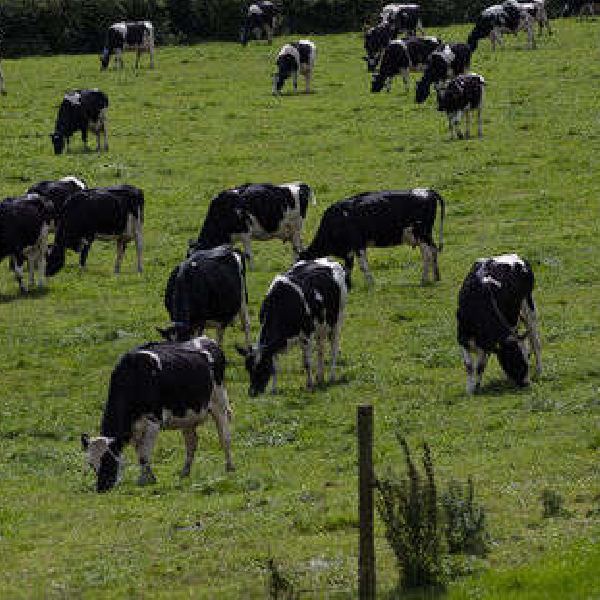 Kildare Farmers Receive €5.9 Million from Lakeland Dairies in 2024
Kildare Farmers Receive €5.9 Million from Lakeland Dairies in 2024
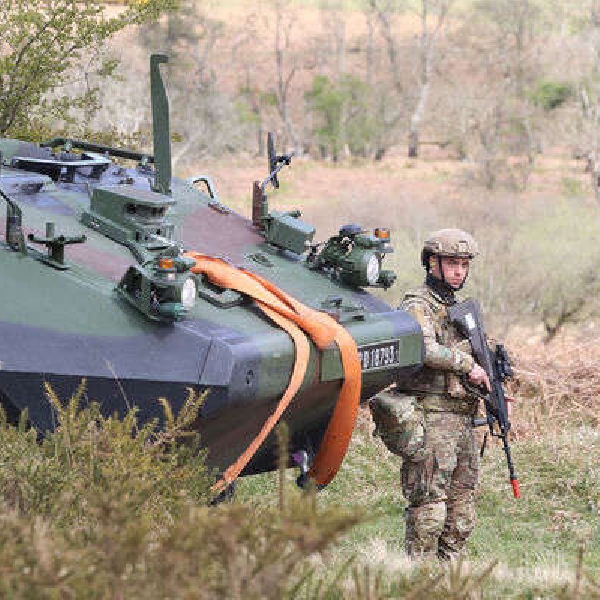 Irish Troops Prepare for Deployment to Lebanon
Irish Troops Prepare for Deployment to Lebanon
 Teens In Mental Health Crisis Left Waiting Up To A Week For Care
Teens In Mental Health Crisis Left Waiting Up To A Week For Care
 Only 5 HAP Properties Available In Kildare Amid Deepening Rental Crisis
Only 5 HAP Properties Available In Kildare Amid Deepening Rental Crisis
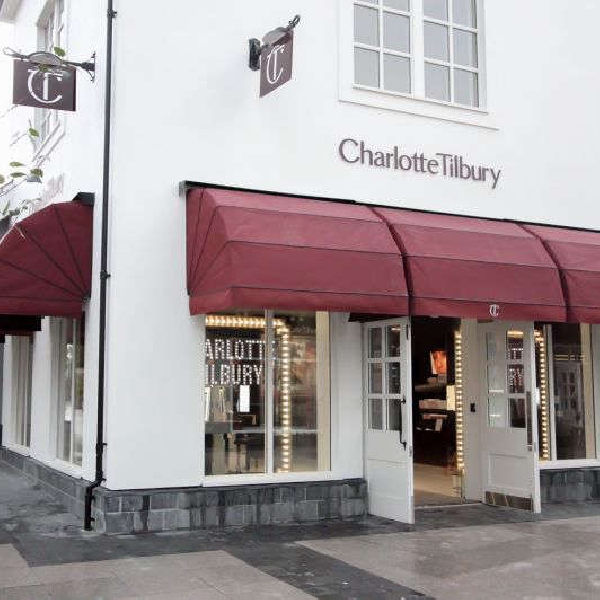 €500 Worth Of Cosmetics & Perfumes Stolen From Popular Store In Kildare Village
€500 Worth Of Cosmetics & Perfumes Stolen From Popular Store In Kildare Village
 Kilcullen Students Wins Second Prize In Texaco Children's Art Competition
Kilcullen Students Wins Second Prize In Texaco Children's Art Competition


